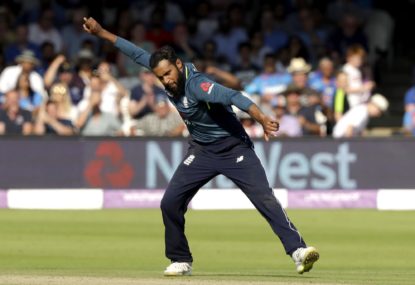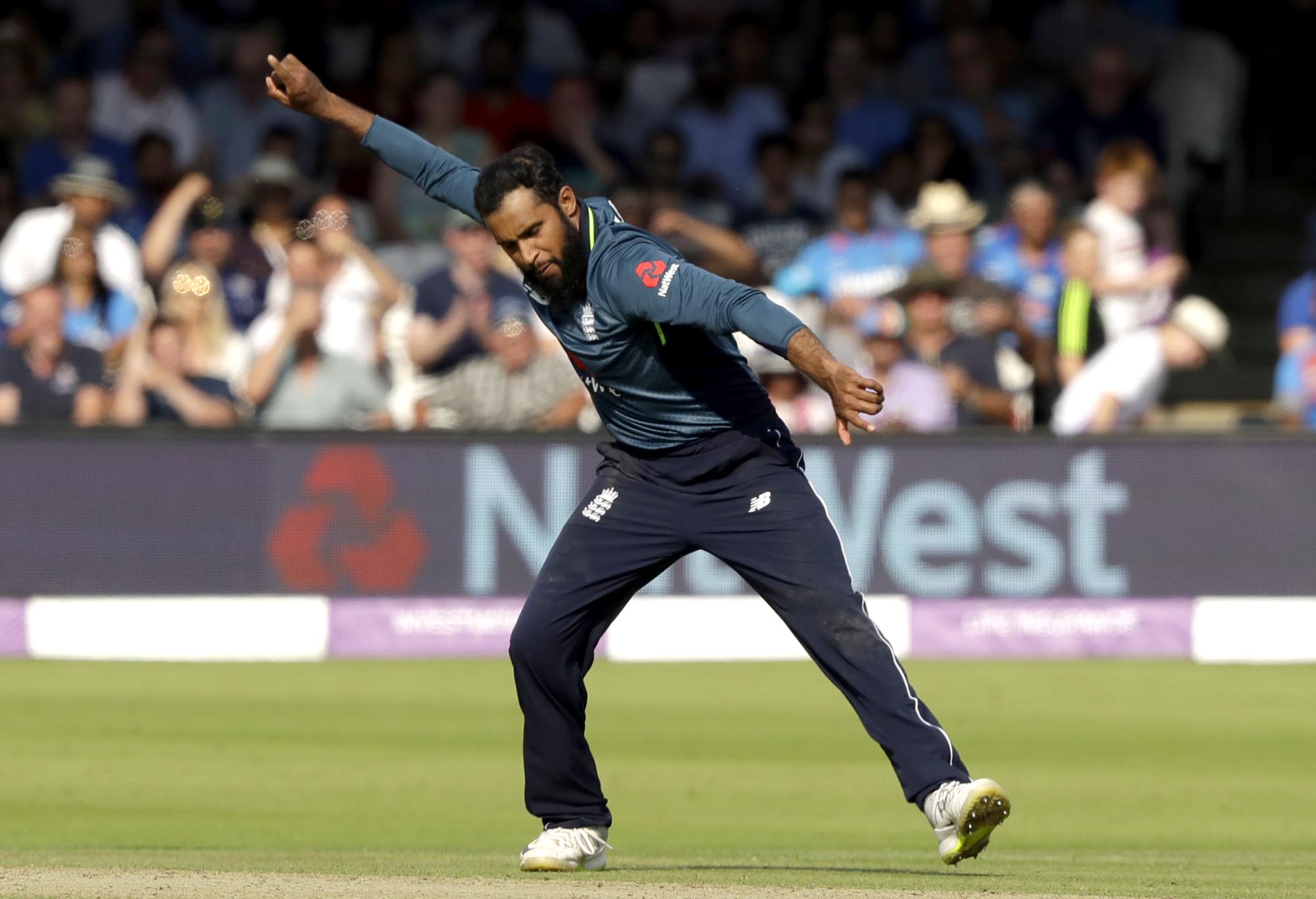The possibiliy of Jofra Archer's career coming to an early end will rob cricket of a bowler with so much talent
While a premature retirement isn’t the solution, he or England want, he may be forced into it if he can’t maintain a long run of matches.

Selecting international cricket teams has stopped being a science and is now just a lottery, and Adil Rashid’s selection for England for the first Test against India starting on Wednesday is just another in a long line of questionable decisions made by teams around the world.
While different countries have always had slightly different ideas on how to select teams – Australia, for instance, sets about choosing its best 11 players and then chooses the captain from them, whereas England often already has a figurehead as captain who retains their place whatever their form, with the other ten players chosen around him – the context of selection was that players with the best form were chosen and the others went away and tried to score more runs or take more wickets to force their way into the side.
With three forms of cricket now having international teams and with each form barely relatable to the other, we are now seeing players with little or no form in one format still being selected in an international team for that form of the game because their statistics in another format is deemed good enough to be selected.
Just one example is George Bailey, who was averaging in the low 20s with the bat in his previous two years of first-class cricket when he was selected in the Australian Test team to play an Ashes series. He was selected on the basis of his batting form on an ODI tour of India featuring flat wickets with short boundaries. Surprisingly he averaged in the mid-20s in his five Tests and hasn’t been seen since.

(AP Photo/Matt Dunham)
Flash forward to this week and Adil Rashid, the England spin bowler and handy batsman, was selected in the England squad for the first Test match against India. This would be fine, but several months ago Rashid decided not to take up a full contract with his county Yorkshire, instead deciding he would concentrate only on white-ball cricket for the season, thus allowing him to focus on being a part of England’s push for a maiden World Cup next year as well as being able to take up offers on the T20 world tour.
Rashid hasn’t played a single county match this year, whereas players like Dominic Bess and Jack Leach have both played Tests and have worked hard in the four-day format. The fact that they have been overlooked for Rashid by the selectors even though he had obviously decided against playing the longer format of the game is quite incredible. That Rashid then accepted the invitation despite knowing he would then be unavailable to play short-form cricket for Yorkshire, which he signed on for, is perhaps even more galling.
While several former Yorkshire cricketers have been scathing in their rebuke of both the selectors and Rashid’s decision, Rashid has hit back, suggesting that the county should have been supportive of his selection and that he would consider playing elsewhere in the future. Perhaps he should consider just how solid his own loyalty is before he starts asking for the same from others.
[latest_videos_strip category=”cricket” name=”Cricket”]
This has again highlighted just how unconventional current selection policy is around the world. Australia’s selectors have often thrown form out the window in choosing players who they believe have other qualities that are more important than just scoring runs or taking wickets.
Seeing batsmen being considered for the Test side on the basis of runs scored in ODI or T20 cricket, which takes place on flat wickets with shorter boundaries and bowling restrictions that mean that every ball has to be in the batsmen’s zone at all times or get called a no-ball or a wide, is ludicrous.
Seeing this used as a selection basis greater than the Sheffield Shield, which used to be the premier first-class competition in the world, is a damning indictment as to what Cricket Australia has relegated it to, squeezed between international matches and the expanding behemoth that is the Big Bash League.
England this week crossed a line, and it will be interesting to see how it turns out for them and for Rashid himself. As Australia continues to head down this same path, the selections for the Test team this summer may be reflected on the success or otherwise of this very decision.